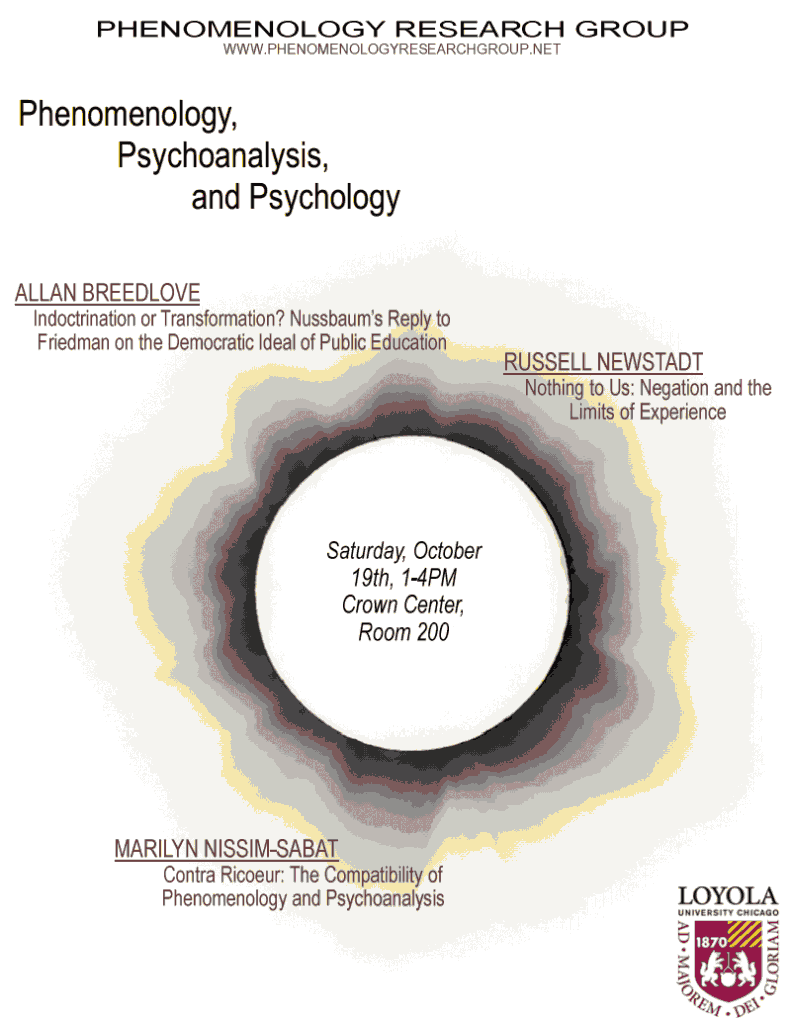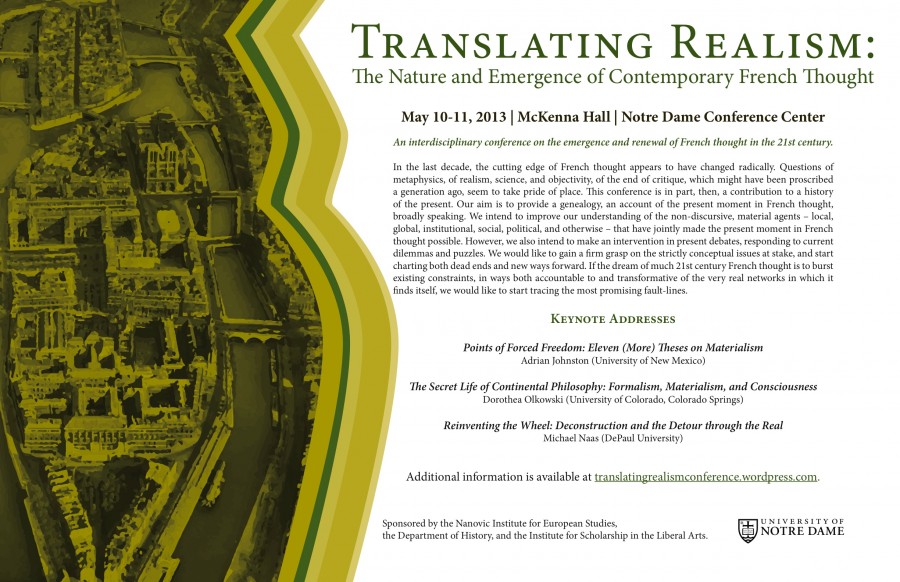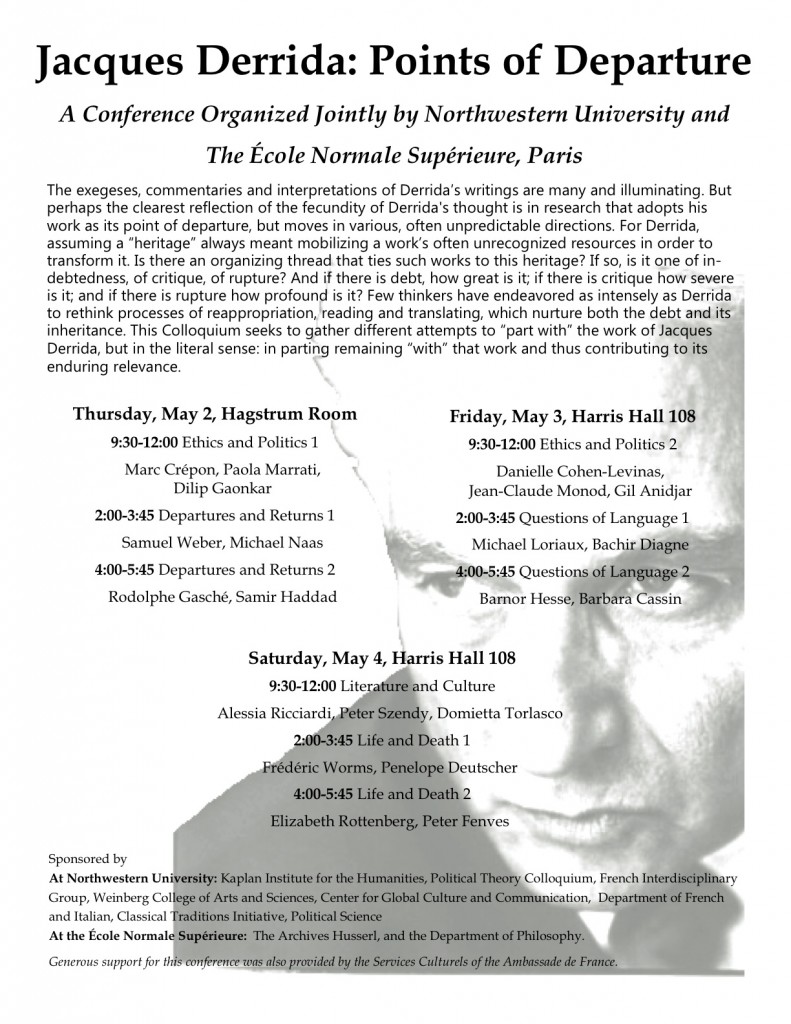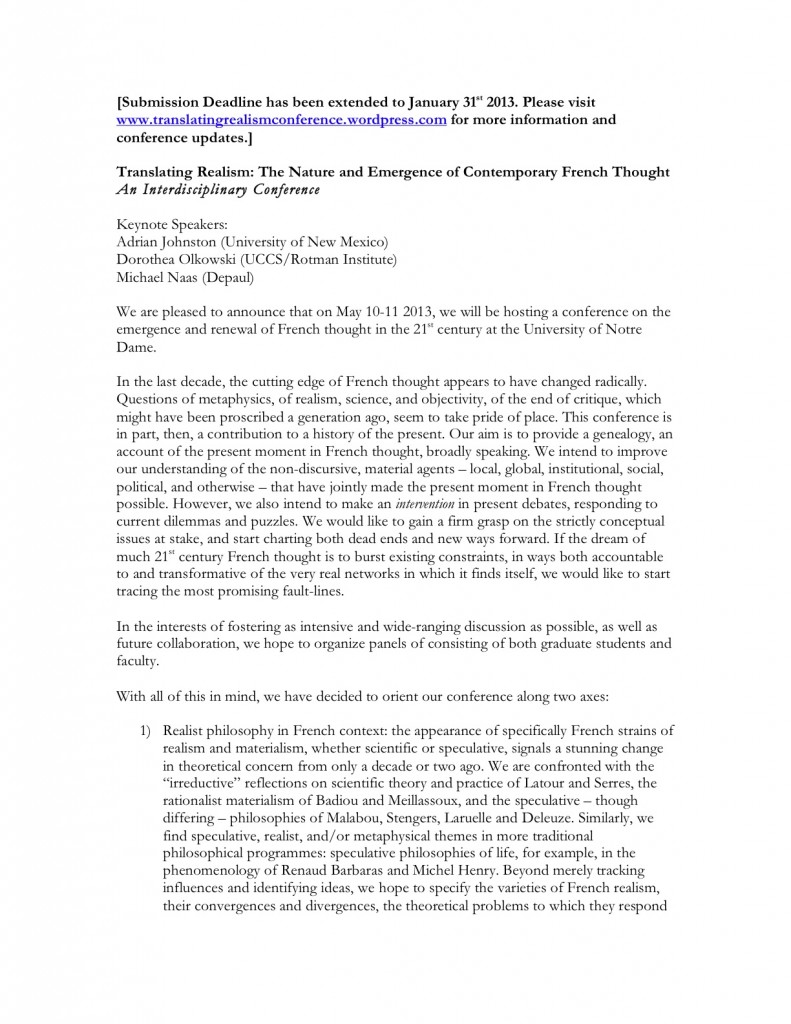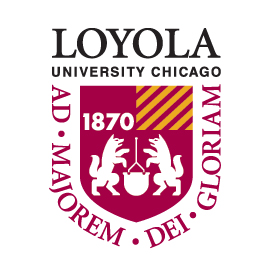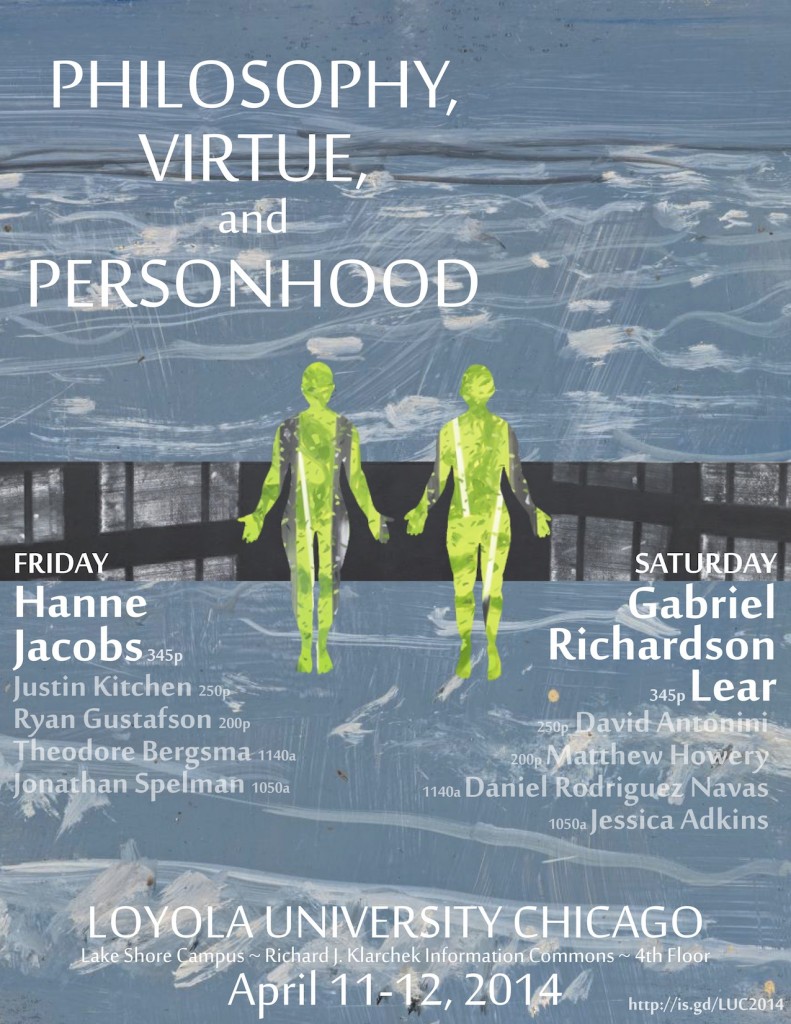 Mark your calendars! Our graduate conference is April 11th-12th, at the Lakeshore campus on the 4th floor of the Klarchek Information Commons.
Mark your calendars! Our graduate conference is April 11th-12th, at the Lakeshore campus on the 4th floor of the Klarchek Information Commons.
The theme is Philosophy, Virtue, and Personhood. We’re going to hear papers from graduate student philosophers from various philosophical backgrounds. And we have excellent keynote speakers slated for both evenings of the conference. We’re hoping to generate some quality discussion on the ways philosophy affects and transforms our lives.
____________________________________________________________
FULL CONFERENCE SCHEDULE:
Friday, April 11th
10:00 – 10:45
Continental Breakfast
10:50 – 11:35
Jonathan Spelman (University of Colorado at Boulder) – Consequences and Virtue
11:40 – 12:25
Theodore Bergsma (Miami University) – On the Substantial Subject: “Aspectival Captivity” in Wittgenstein and Nietzsche
12:30 – 2:00
Lunch (on your own)
2:00 – 2:45
Ryan Gustafson (New School for Social Research) – Genealogy, Critique, and Normativity
2:50 – 3:35
Justin Kitchen (San Francisco State University) – Virtue as the Skill of Living: Inducing ‘The Good Flow’
3:45 – 5:00
FACULTY KEYNOTE: Hanne Jacobs (Loyola University Chicago) – Husserl on Self-Constitution and Personhood
Saturday, April 12th
10:00 – 10:45
Continental Breakfast
10:50 – 11:35
Jessica Adkins (Marquette University) – Finding the Good in Dying: Defending Physician Assisted Death of the Akratic Agent
11:40 – 12:25
Daniel Rodriguez Navas (University of Chicago) – The Pursuit of Truth and Ethical Self-Constitution: On Foucault’s Kantianism According to Hacking
12:30 – 2:00
Lunch (on your own)
2:00 – 2:45
Matthew Howery (San Francisco State University) – Posthumous Agency
2:50 – 3:35
David Antonini (Southern Illinois University Carbondale) – Kant on Virtue
3:45 – 5:00
KEYNOTE: Gabriel Richardson Lear (University of Chicago) – Plato on Moral Beauty and the Look of Love

